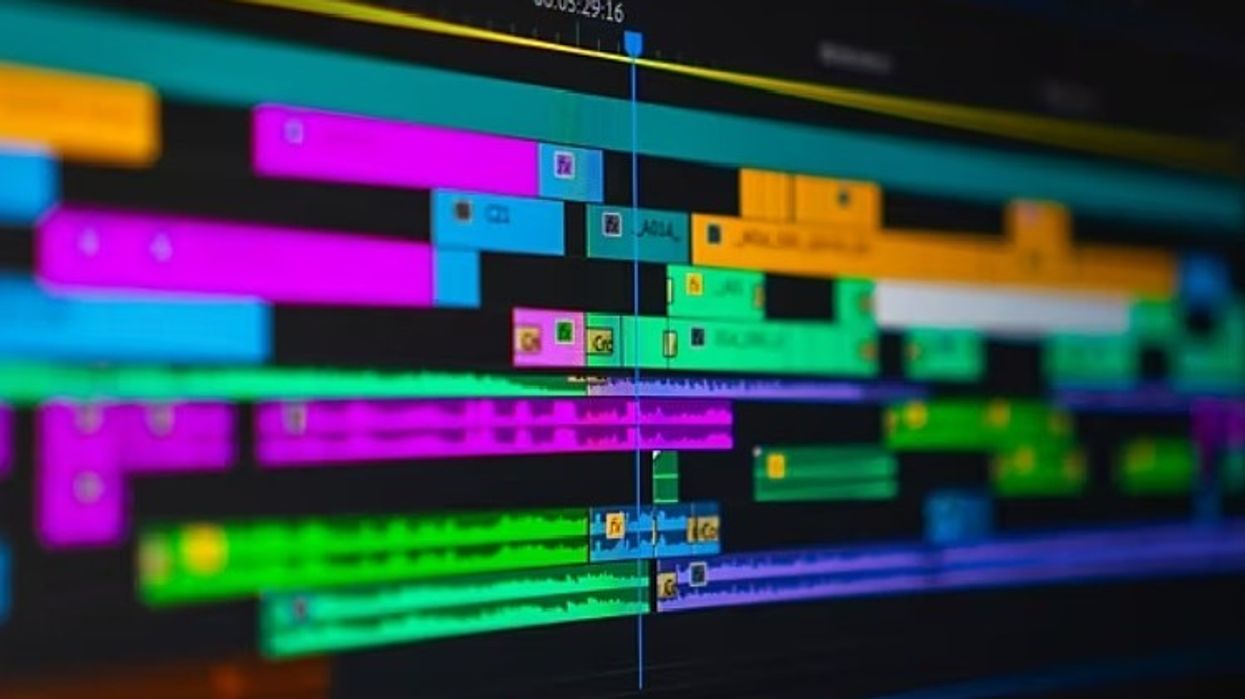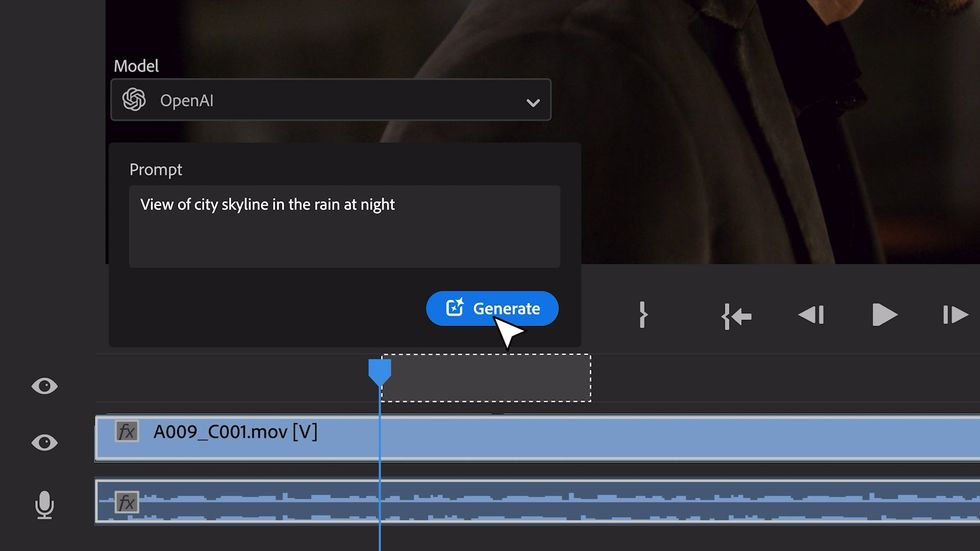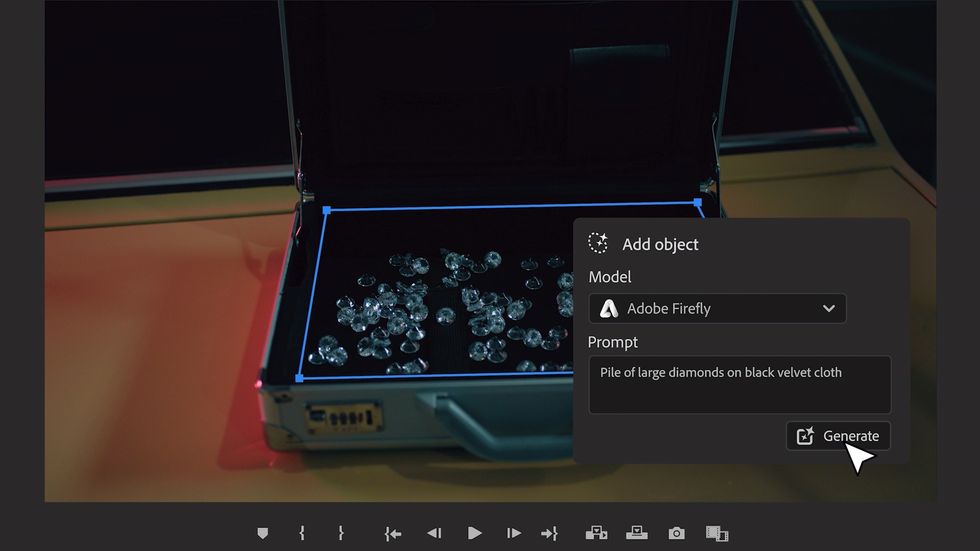Do's & Don'ts of Filmmaking from 'Albert Nobbs' Producer Julie Lynn

In an article for Film Independent, Julie Lynn gives some sage advice from her 16 years of experience as a well-respected producer of Academy Award-nominated Albert Nobbs, Nine Lives, and Jane Austen Book Club.
Give your actors some peace and quiet
The first thing she talks about is being sure to set up a private space for your main actors. This is important so they can not only change clothes and relax, but also so they have a quiet area to go to in order to prepare for the scenes ahead. Lynn says that, "This place can be small, but it needs to exist, even on a no-budget shoot." Your actors will be thankful for it (hopefully,) and as mama always said, if your actors ain't happy, then ain't nobody happy.
Control the chaos of crowd scenes
When shooting a crowd, it might seem pretty easy to just smash a bunch of people together and yell "action" -- it's a crowd scene after all. But, crowd scenes should be a controlled chaos. Lynn says:
Don't assume that you can do a complicated “crowd scene” without having to control and place the extras. It is rare that you can accomplish something very intricate in a large group of people without the ability to manipulate at least some of the bodies around your lead players.
Make your contingency money last
If your project has a contingency, that's a wonderful, wonderful thing. Many don't. But, if you do, be sure to spread it out over the entire course of production. You don't want to be in the position where you've run out of money to pay an editor for a few extra days of work, because you really wanted to rent out a fleet of swan-shaped paddle boats for a scene that didn't even make it in the final cut.
There are so many unanticipated things that will come up during post that require that funding. Examples include unanticipated visual effects work, music needs and even film festival expenses.
To read the rest of Julie Lynn's list, jump on over to Film Independent's blog and give it a read.
What do you think about Lynn's advice? Do you have any you'd like to share? Let us know in the comments below.














